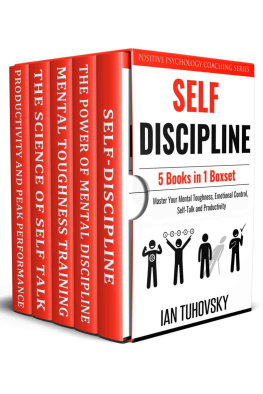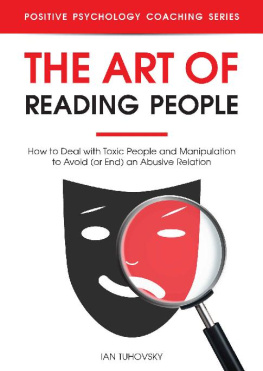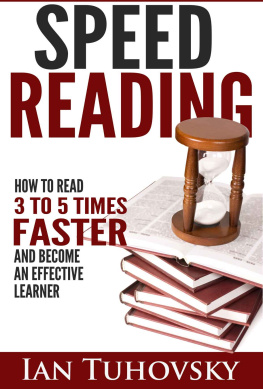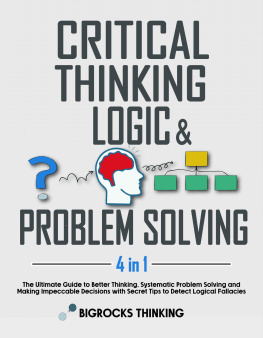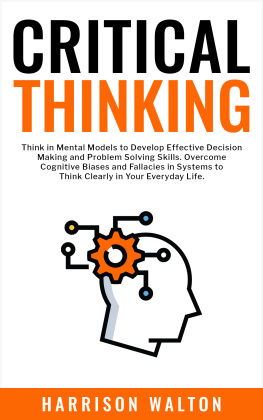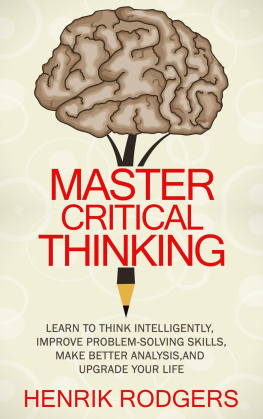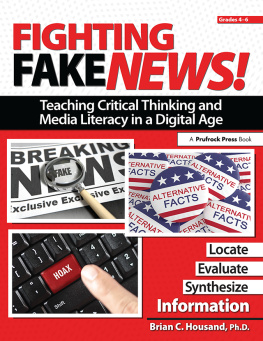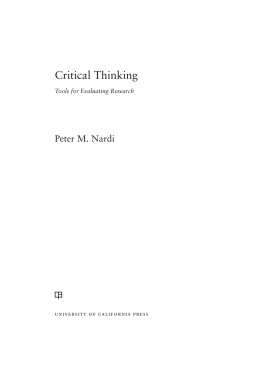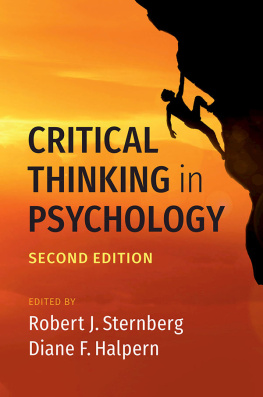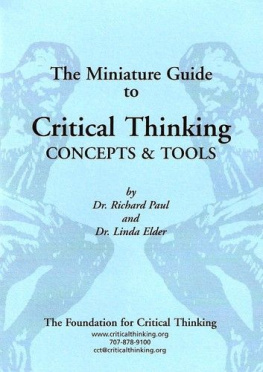





Copyright 2020 by Ian Tuhovsky
Authors blog: www.mindfulnessforsuccess.com
Authors Amazon profile: amazon.com/author/iantuhovsky
Instagram profile: https://instagram.com/mindfulnessforsuccess
All rights reserved. No part of this publication may be reproduced, stored in a retrieval system, or transmitted, in any form or by any means, electronic, mechanical, photocopying, recording or otherwise without the prior written permission of the author and the publishers.
The scanning, uploading, and distribution of this book via the Internet, or via any other means, without the permission of the author is illegal and punishable by law.
Please purchase only authorized electronic editions, and do not participate in or encourage electronic piracy of copyrighted materials.
Important
The book is not intended to provide medical advice or to take the place of medical advice and treatment from your personal physician. Readers are advised to consult their own doctors or other qualified health professionals regarding the treatment of medical conditions. The author shall not be held liable or responsible for any misunderstanding or misuse of the information contained in this book. The information is not indeed to diagnose, treat or cure any disease.
Its important to remember that the author of this book is not a doctor/therapist/medical professional. Only opinions based upon his own personal experiences or research are cited. The author does not offer medical advice or prescribe any treatments. For any health or medical issues you should be talking to your doctor first.
Contents
Chapter 1:
Introduction
W hat differentiates us from other animals? Is it our ability to speak? To understand complex ideas? To think before we act? To make rational decisions?
Cameron Buckner, an assistant professor of philosophy at the University of Houston, had similar questions. He dedicated his research to evaluate the cognitive abilities of different animals and found that a variety showed some level of control (i.e., made conscious considerations before acting). Through empirical research, he was able to show how matriarchal elephants in Kenyas national park determined threat levels of human intruders by considering their age, gender, and ethnicity and how giraffes were not considered prey by lions in Africa, because they were aware of their defense mechanisms (a life-threatening kick was enough to have these lions reconsider). All this indicates that on some level, animals have executive control, just like us.
But for us, the critical ingredient for success goes beyond executive control. The distinct advantage we have is our ability to communicate using language. Through language, we access our metacognitive abilities; we think about abstract concepts and adapt our behaviors as the situation deems fit. We communicate our ideas, negotiate deals, conquer lands, achieve the seemingly unachievable, simply by using words and actions that are understandable to others. This has established us at the top of the hierarchy in the animal kingdom, but where do we go from here? Is our ability to communicate enough?
In the 1600s, Galileo was imprisoned for saying that the earth revolved around the sun, in the 1700s, many women were burned at stake for being involved in witchcraft, and most military leaders of the past relied on their readings and stars to gauge their success in battle and life.
When we were hunters and foragers, it was our quick instinct and ability to communicate that got us from point A to point B. Survival was the name of the game, and survive we did. We didnt need logic. We needed to be quick on our feet, eat or be eaten. We had to use our reflexes, sharpen them, and even join forces with others in a tribe to create the means for our survival. Those days have passed, but our reliance on our reflexes havent. That needs to change.
In todays world, we have to look beyond survival, evolve from our primal instinctual decision making to a type of decision making that requires more careful thought, more deliberation. That is the need of the future of mankind. That is how we make room for the Galileos of the world. That is how we make sure we make decisions that are best for us in our daily lives.
And for that, we need to fight millennia of conditioning that has been ingrained into our very DNA. We have come a long way. While we may still rely on reflexes to make decisions, it is far tougher to be locked up now just because someone believes youre a sorcerer. This means that weve moved on to a world where we rely more on fact than fiction, that instead of believing in dragons and warlocks, we want a deeper understanding of the world. This is where critical thinking helps.
But because scientific/critical thinking is still alien to most people, they have preconceived notions about it. For example, did you know that 95% of Americans are unable to explain how a scientific theory (e.g., Big Bang) is different from a statement like ghosts exist? This means that their ability to critically reason is so limited that science and superstition are the same for them; this is why many of their decisions are rooted in fear.
Fear is a powerful motivator and is one of the many emotions that guides our choices in our daily life. One of the bonuses of critical thinking is making choices based on rationale and facts, not just emotion. Science does not say God does not exist, it says that it is not yet proven. This can be frustrating for people who have a more emotional approach to life and a static understanding of the world, but critical thinking challenges us to keep questioning so that our world view stays dynamic.
Some of our beliefs find their roots in early history. For example, we still talk about five senses, an idea that gained popularity as far back as 350 BC with the Greek philosopher Aristotle. In reality, we have around 14-20 senses, scientists disagree on the exact number. There is proprioception, which is our ability to tell where our muscles are in space, equilibrioception, which is our sense of balance, kinesthesia, which is our sense of movement, and conception, which is sensing the passage of time. If we continue to go down this path and define senses as our ability to observe the outside world in connection to our body, then the number of things we sense and the way we sense them are unique to us and are far more than the basic five, yet those are the ones we are taught about. Many of our beliefs are archaic even if there have been studies to disprove them.
Did you know that rolling your tongue is not a genetic predisposition? He found seven pairs within his study where one twin could roll the tongue and the other couldnt. Despite being disproven just a decade or so later, it is still quoted in science books across the globe. At least this misconception wasnt life-threatening, but what about the ones that are?


